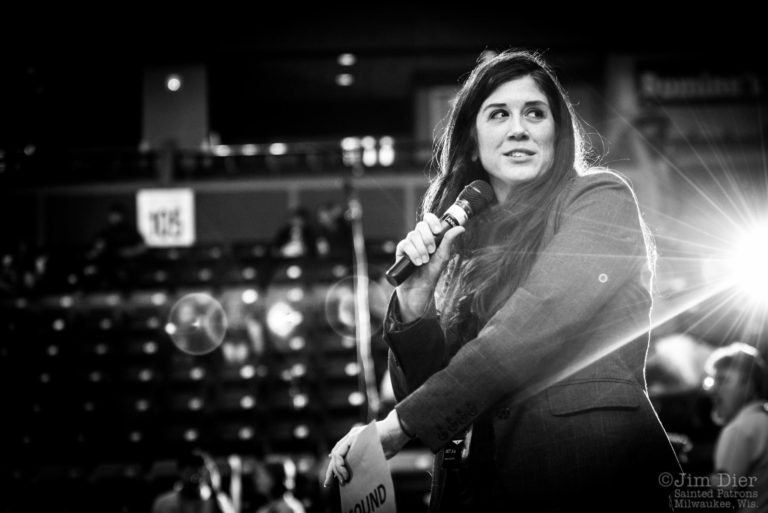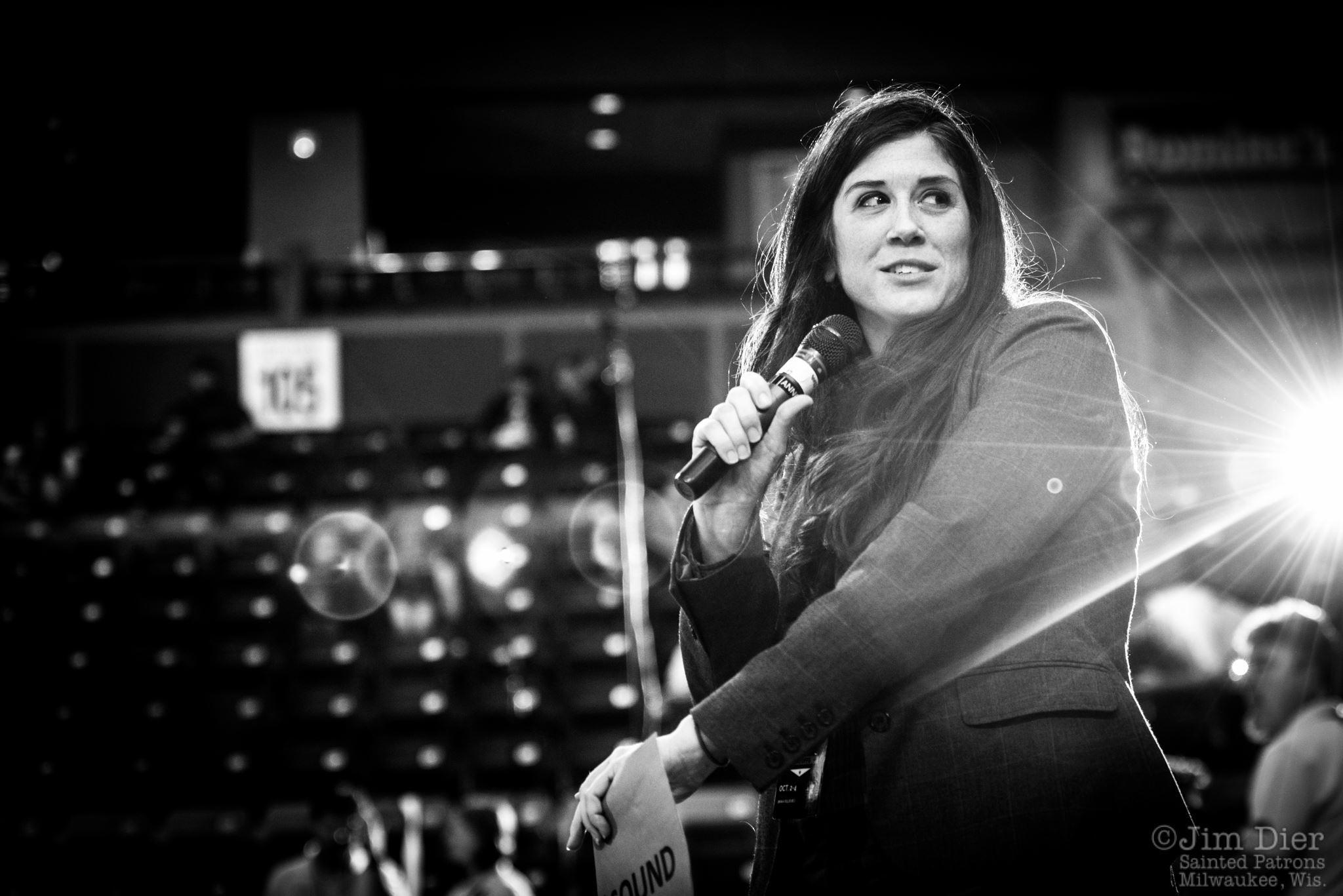
Trans women are women. Trans women athletes are women athletes.
As we wrap Women’s History Month and approach Transgender Day of Visibility on March 31, support for trans women in women’s sports is reaching a critical point. Not only are rights and protections being eroded with bills in states across America, online hate and abuse for transgender women is seeing a dangerous uptick.
A major setback that signaled this shift happened in sports came in October, when World Rugby began the process of erasing the rights of transgender women by releasing an announcement regarding its decision to follow through with transgender participation guidelines shared in draft form with the sports community in July 2020.
Policy pieces revealed this summer that World Rugby was considering a ban on allowing transgender women to participate in the sport. International Gay Rugby, in concert with other community members, shared a 230 page rebuttal to the proposed ban backed with scientific data, testimonials from athletes, and policy ideas from around the globe.
Similarly, in December, Representatives Tulsi Gabbard and Markwayne Mullins attempted to push the “Protect Women’s Sports Act of 2020,” legislation that equated to erasure of transgender women under Title IX protections.
Rep. Marjorie Taylor Greene (R ) recently doubled down on opposition to “Equality Act” legislation, and in South Dakota, Governor Kristi Noem (also Republican) waffles on her State Senate bill restricting transgender children from participating in youth sports.
In February, a member of the White House Press Corps attempted to get Biden’s Press Secretary Jen Psaki to condemn trans youth women participation in high school sports. (Thankfully, she did not.) And although the Biden administration has stated that “Trans rights are human rights,” the US government continues to allow each sports organization and competitive pathway to make its own decisions around the definition and rights of transgender women and girls.
So, why this issue and why now? In my opinion, conservatives are looking for what they consider an easily moveable issue; one that was already pushed by the Trump administration’s rollback of transgender protections. In short, they need a community to pick on, so they continue to weaponize women’s policy against transgender community members. It’s a bait-and-switch tactic that uses a pseudo-feminist framework to marginalize and attack.
But at its core, this framework demeans cisgender women, too. Trans women are too aggressive, they argue. Too rough, or just too good for cis women to compete against. As though being a trans woman athlete is an unfair advantage in sport–a false claim even Scientific American is stepping forward to debunk.
Depicting cis women as fragile objects meant to be coddled does our entire community a disservice. It’s not advancing feminism, and it’s keeping women right where white supremacy culture wants us.
Policies like World Rugby’s also undermine what intersectional feminism is really here for, and what any sound policy around Title IX should aim to protect: diversity. Yet World Rugby remains consistent with the ongoing discriminatory policies of the International Olympic Committee vis à vis the World Anti-Doping Agency, which maintains that biology and endocrinology are the ultimate test for gender and gender-based athletic success–especially as they pertain to women.
These transphobic policies in sport uphold misogyny, punish participants, and require all women–and, increasingly, *children*–to engage in exhausting emotional and physical trials around what their bodies should and should not be able to do.
As the Executive Director for the Women’s Flat Track Derby Association, the governing body for another women’s contact sport, roller derby, I want to convey clearly that we do not need less diversity in women’s sports to grow and succeed in athletics, we need more.
Building an inclusive environment in women’s sports is not a destination, but an ongoing journey of dialogue within communities. It means getting called in, being educated, and probably getting a lot wrong at first.
The WFTDA continues to reckon with our past and current policies and decisions around equity–primarily including race and gender. We have been working on repairing the harms caused by our own policies, and learning how to center the voices that need amplification the most.
This process is not perfect or easy. It is messy and it breaks down often. But the consequences for not taking action to move equity work forward are catastrophic. And that’s what keeps me, personally, involved.
World Rugby has the opportunity to fix their policy, apologize to the community and learn about the harm these policies cause. The Biden administration has the chance to step forward and say “Trans women are women, period.” State-level legislators still have the capacity to do right by children who want to play a sport inclusive of their gender. And women’s sports organizations worldwide have the power and influence to push back against exclusionary feminism.
As Women’s History Month comes to a close, we all have the opportunity to celebrate women by standing in solidarity with our transgender, nonbinary, and gender nonconforming community members who deserve basic human rights–whether in rugby, roller derby, high school athletics and beyond.
Anything that suggests otherwise weakens women’s sports, our successes and achievements, and the rich diversity of our athletic skills and gifts.
Erica Vanstone is the Executive Director of the Women’s Flat Track Derby Association. She has acted as an announcer for the Atlantic League of Professional Baseball, the Arena Football League, and more. Erica is dedicated to expanding perspectives of inclusion around women’s sports and proudly coaches youth roller derby in Philadelphia, PA.

Erica Vanstone